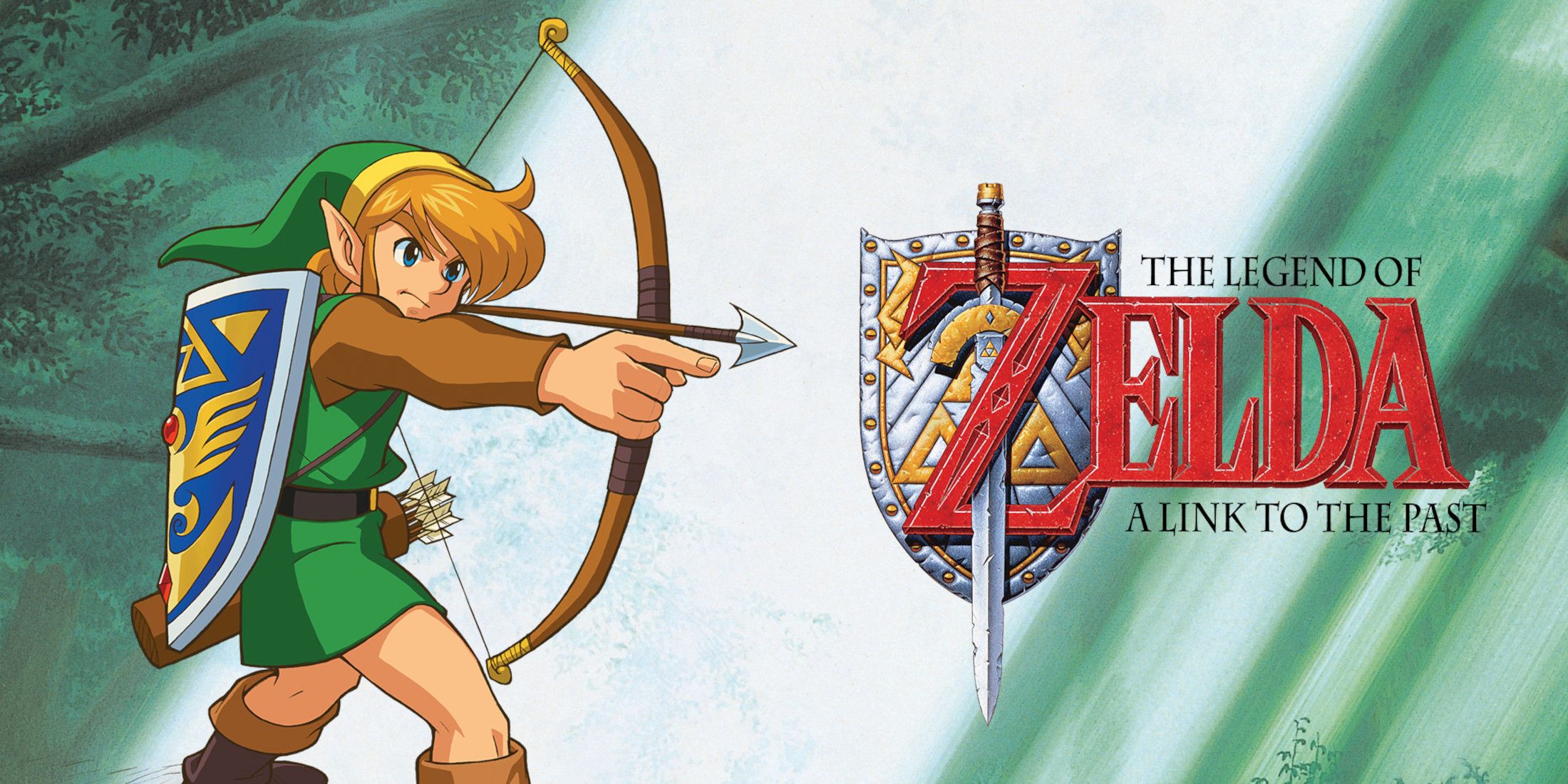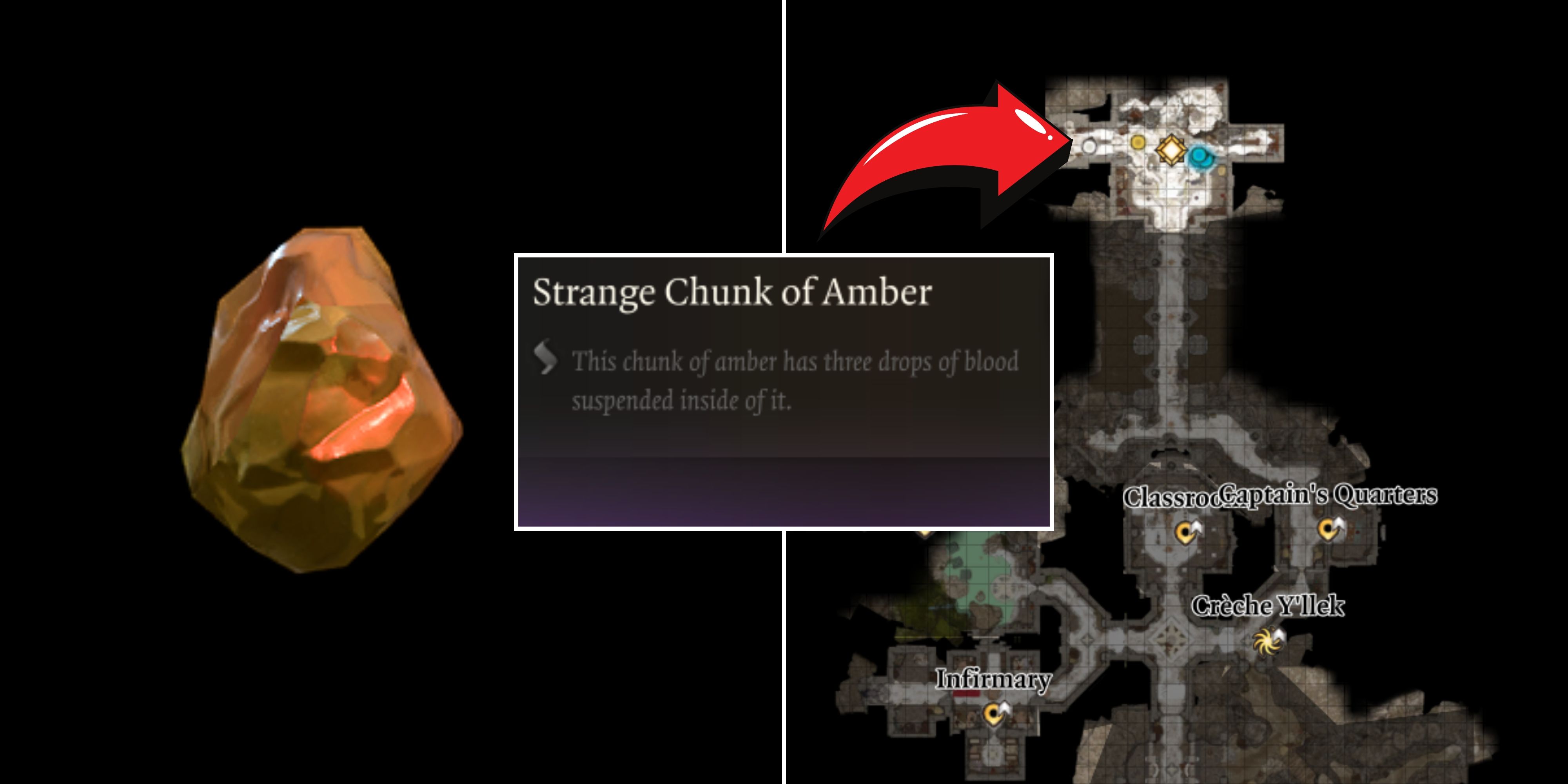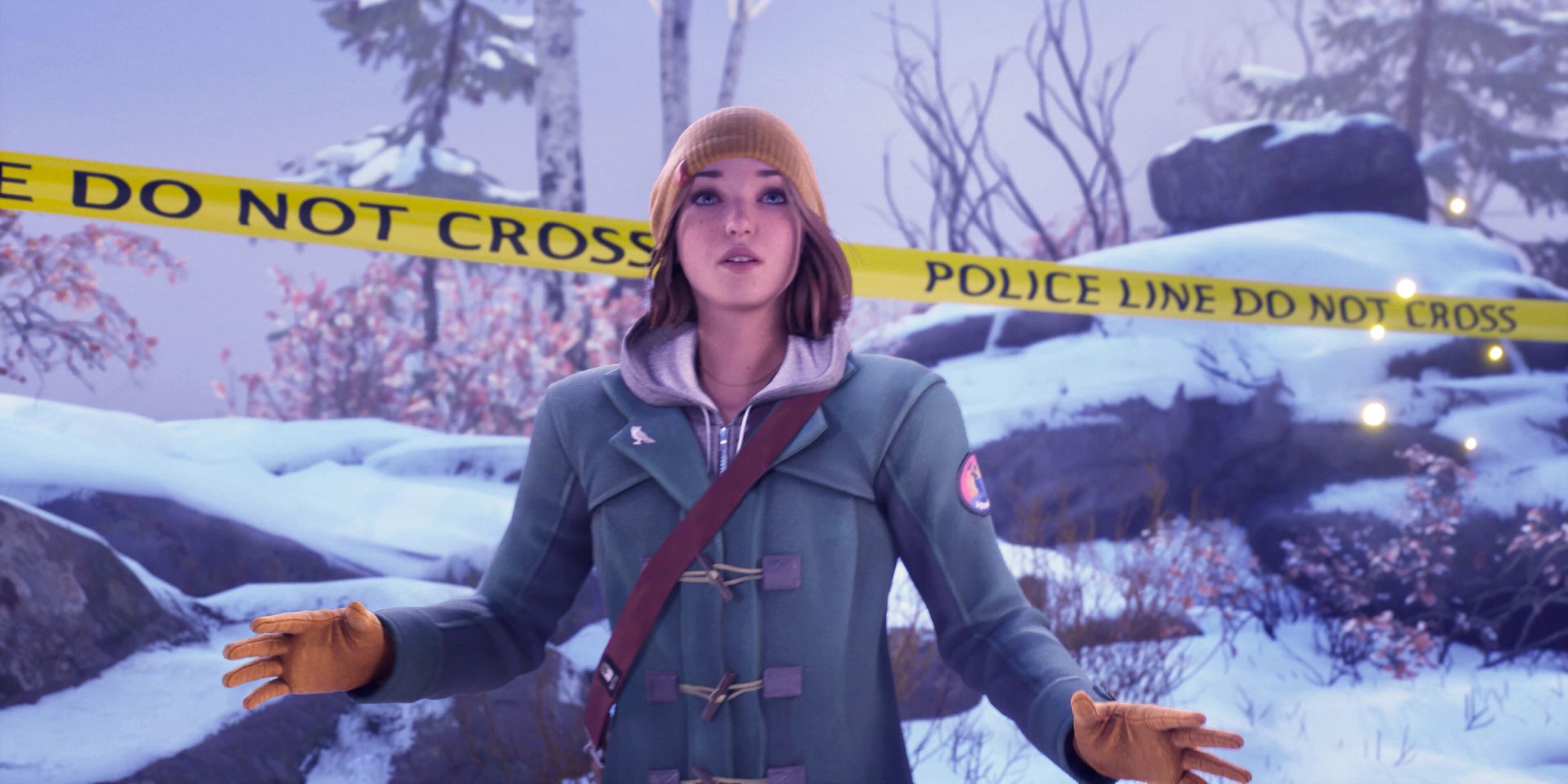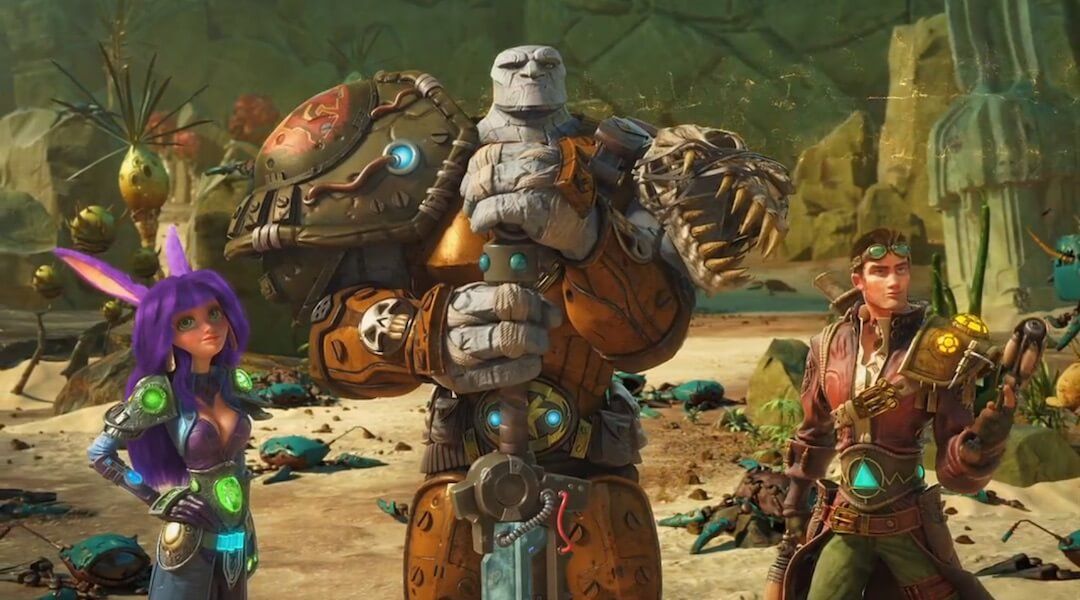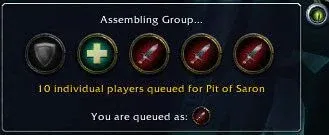The RPG party system is pretty standard—if you're going to go dungeoning, you're going to need a tank to soak up the damage, a healer to heal the damage, and a damage-dealer or DPS to deal the damage. It makes sense, it's simple to understand, and as long as you have those three elements—called the holy trinity—you can add party members as necessary to tackle foes insurmountable for a single player.
The problem? It's a little boring. While many games play with the structure, adding in increased customization, combined roles, or other tweaks, they still often rely on the taunt/heal/attack ideal, meaning you're frequently doing the same thing with some sparkles or lasers to really distinguish it.
The issue is that the traditional RPG party structure works so well. It makes sense. It lets players fulfill a single role effectively, and lets developers program enemies to respond in a particular way. The RPG party structure makes things easier on everybody, but easier doesn't always mean better.
The RPG Holy Trinity Features Some Serious Sins
The tank/heal/DPS RPG party structure is something we expect from games, particularly MMORPGs. Experience with the genre tells you that any party is going to need a minimum of those three roles (usually with two or three damage-dealers) with duplicates thrown in for particular fights.
The downside is that that, combined with programmed AI, leaves little room for creativity. While some groups are able to take down enemies with creative strategies, boss battles in games like World of Warcraft often come down to 'stand here, hit this, don't die.' The group dynamic, part of the appeal of MMOs, becomes about everybody fulfilling their own role. When somebody fails, the blame is frequently placed on the two roles that are least played—tanks and healers.
Which raises another issue—demand. You can't go into trade chat in World of Warcraft without seeing people looking for healers and tanks. You can't queue for a dungeon or raid as a damage-dealer and expect a quick queue. If you want to get in and out quickly, you'll need to roll a tank or healer, and that means people who want to advance quickly will do so, whether they have any interest or skill in the role.
That means more people playing roles they don't want to play, and everyone paying the price for it. While it would be nice to think that everybody in an RPG takes responsibility for individual failures, it's not uncommon to see undergeared tanks blaming weak healers, weak healers blaming undergeared tanks, and damage-dealers blaming everybody but themselves. This isn't just World of Warcraft, either—many other MMO communities, such as Final Fantasy XIV, run into a similar problem when you need each piece of the puzzle to progress.
Individual responsibility and roles are great in theory because it encourages people to excel at their roles, except that working as individual cogs in a larger group dynamic isn't actually working as a group. Being a strong player is important, but so is working as a team—the current structure emphasizes the first at the expense of the second. That's why so many pick-up groups fail; everyone is so focused on their own role that they don't understand how other roles work in practice, so when something goes wrong it devolves into finger-pointing and rage quitting.
Not All Games Use the RPG Holy Trinity
Unfortunately, the trinity is also pretty close to the only system we have. It works. It makes sense. It allows everybody to understand and execute their role in established parties with friends or pick-up groups; there doesn't have to be a delegation of duties, because duties are built into the core roles.
So what can an RPG do to improve on it? There are a few things, and they don't even have to stray far from the core structure to do it. Guild Wars 2 puts a new spin on the RPG party by stripping the game of strict roles and allowing more customization—rather than relying on tank/healer/damage, the game emphasizes control/support/damage. They sound similar, but the difference does have an impact—everyone can heal, everyone can tank, and everyone can deal damage. This sounds like more of an emphasis on individuality, and in a way, it is—but it does mean that there's less finger-pointing on a failure than if everybody's roles are rigid.
Destiny might be more of a shooter with MMO elements than a typical MMORPG, but it also doesn't adhere to the traditional party structure, even in its strikes and raids. Player characters in Destiny fall into three different classes, which can be customized to the players' liking—that means that if players want to have their Titan focus on distracting the boss and soaking up damage, they can, but that they can play a more diverse role in a party as well. Because Destiny doesn't force parties to be comprised of each class, and because health and shields regenerate, there's less need for rigidity.
We Don't Need to Destroy the RPG Party System, Just Innovate It
Destroying the holy trinity RPG structure isn't necessarily productive—it works and it's easy to understand, so it definitely has its place. But like any other mechanic, there's room for improvement to make games more interesting and different from one another. If it ain't broke, don't fix it—but making a couple of improvements certainly wouldn't go amiss.

